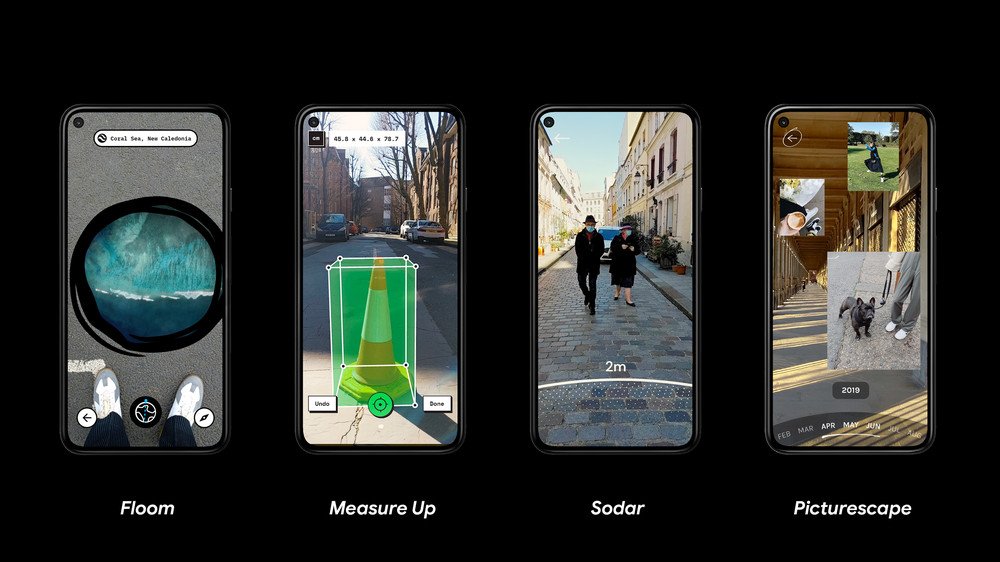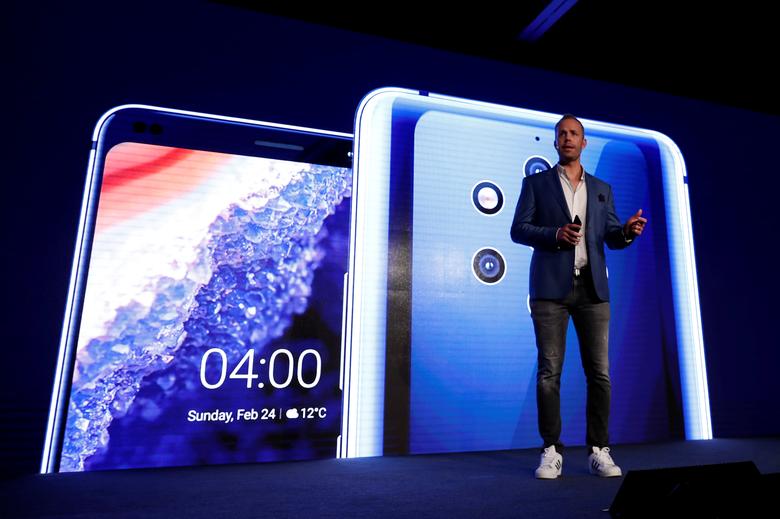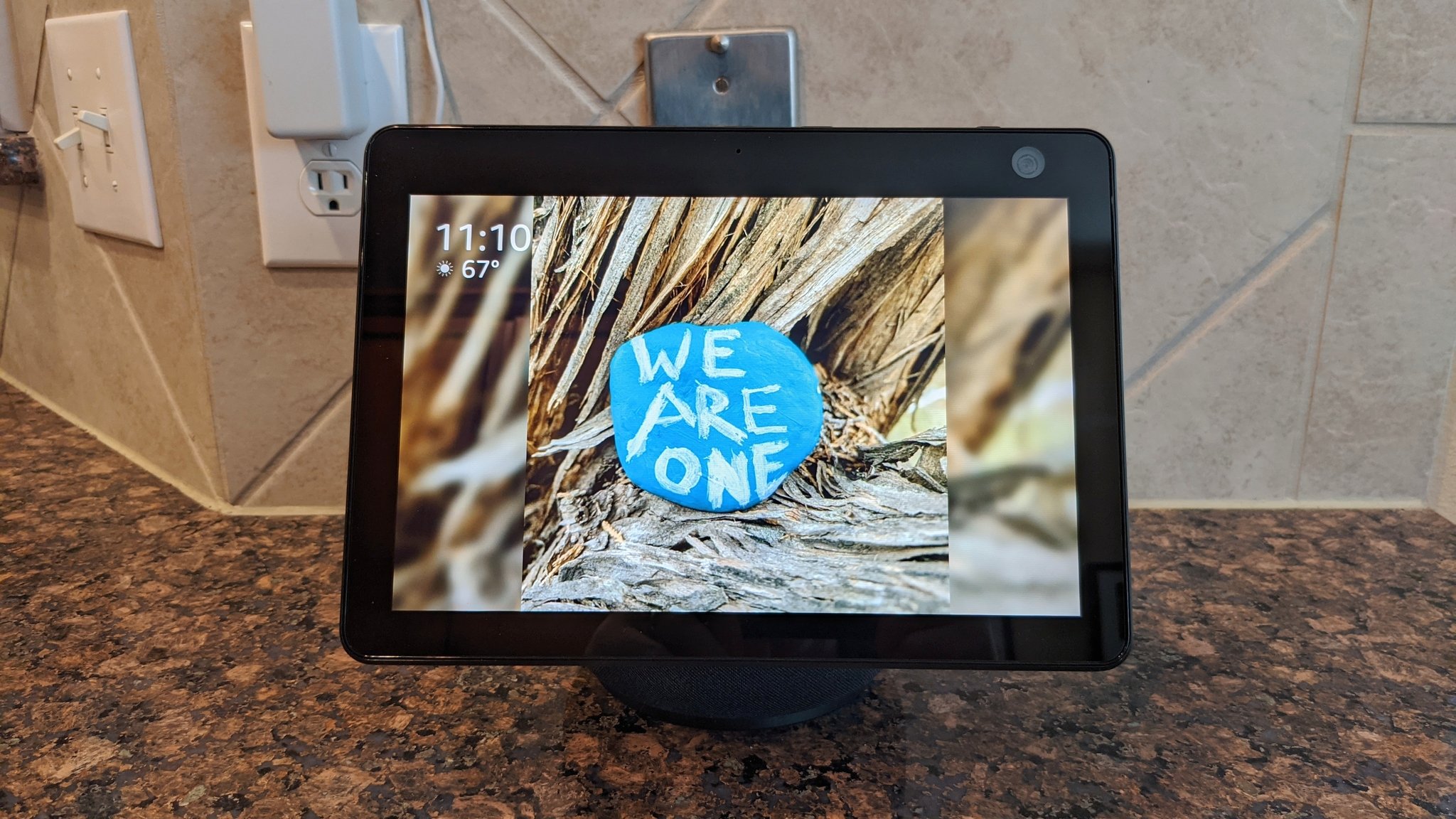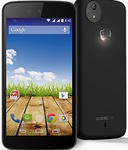Google Chrome's WebXR experiments use AR to let you peer through the Earth - Android

Chrome's latest experiments are actually pretty cool.
What you need to know
- Google has launched a collection of AR and VR experiments on Chrome.
- Sodar and Measure Up use AR to calculate distance and measure objects in your environment.
- Floom uses location data to let you peer through the Earth at a point on the other side.
Experiments with Google always shores up interesting projects from coders using a variety of Google products. Several months ago, the company celebrated 1 billion views of Billie Eilish's Bad Guy and created an endless video loop which could be interwoven with thousands of fan videos from YouTube using AI. Researchers also created an accessibility app that allows persons with disabilities to "speak" using just their eyes and smartphone. The latest collection of experiments brings some AR fun to your smartphone using the power of WebXR in your Chrome browser.
Augmented and virtual reality are opening up the possibilities of how we interact with the world and information around us. WebXR brings together AR and VR on the web to make them more convenient and widely accessible.
With Measure Up, you can take measurements of objects in your environment. You start at two points to create an x-axis measurement, which you can then expand into a flat, y-axis measurement or a three-dimensional z-axis measurement. Measure Up will provide approximate measurements in cm or inches, although it should be noted that the measurements will vary from device to device.
Sodar is a straightforward measuring tool, giving you a visual representation of a 6ft (2m) space around you, because you know, social distancing.

Floom is a bit more interesting. If you've ever imagined digging a tunnel to the other side of the world, this is the app that finally lets you do that.
Depending on the angle you point your phone, Floom will create an AR tunnel that will peer through the Earth and give you a bird's eye view of what's on the other side. The experience is powered by Google Maps and will even warn you if the area you're pointing at is on land or water.
Lastly, Picturescape will use your Google Photos library and turn it into an immersive AR experience, although this experiment is not yet available. For now, you can head over to the WebXR collections page to give the other experiments a spin. Any device that supports Google's ARCore will be able to try out these experiments, meaning you can use Chrome on even the best cheap Android phone to peer through to the other side of the Earth.
06/04/2021 06:23 PM
The latest Pixel 5 update contains a surprise performance boost
06/04/2021 11:53 AM
Vivo X60 Pro Review - A legitimate contender in the $700 price range
06/04/2021 07:26 PM
Android Auto's first 3rd-party navigation and map app is now available
06/04/2021 02:22 PM
'Overwatch' gets full support for NVIDIA's low-latency Reflex tech
06/04/2021 06:40 PM
Former HMD Global CPO Juho Sarvikas is Qualcomm's new North America VP
06/04/2021 08:31 AM
The Amazon Echo Show 10 finally brings Zoom support to its rotating display
06/04/2021 02:04 AM
FFVIII Remastered makes its way to Android — is it worth it
06/04/2021 03:50 PM
- Comics
- HEALTH
- Libraries & Demo
- Sports Games
- Racing
- Cards & Casino
- Media & Video
- Photography
- Transportation
- Arcade & Action
- Brain & Puzzle
- Social
- Communication
- Casual
- Personalization
- Tools
- Medical
- Weather
- Shopping
- Health & Fitness
- Productivity
- Books & Reference
- Finance
- Entertainment
- Business
- Sports
- Music & Audio
- News & Magazines
- Education
- Lifestyle
- Travel & Local






